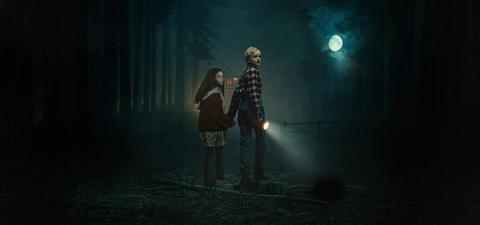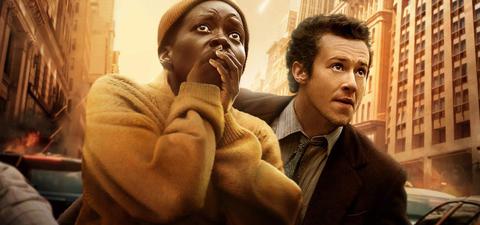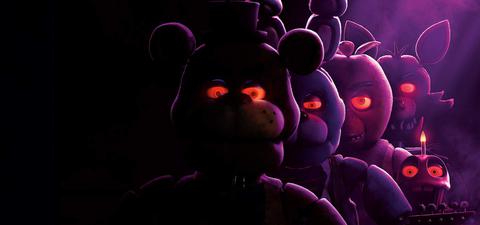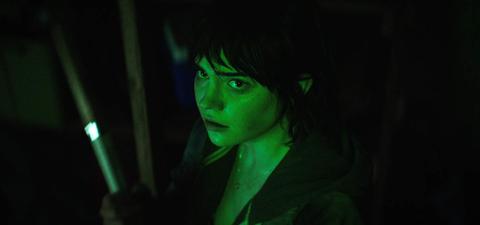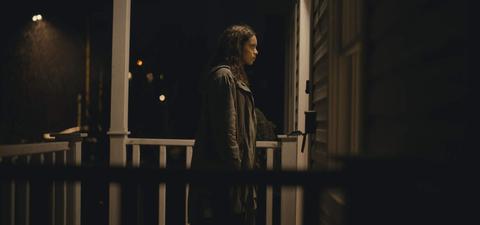The Black Phone (2022)
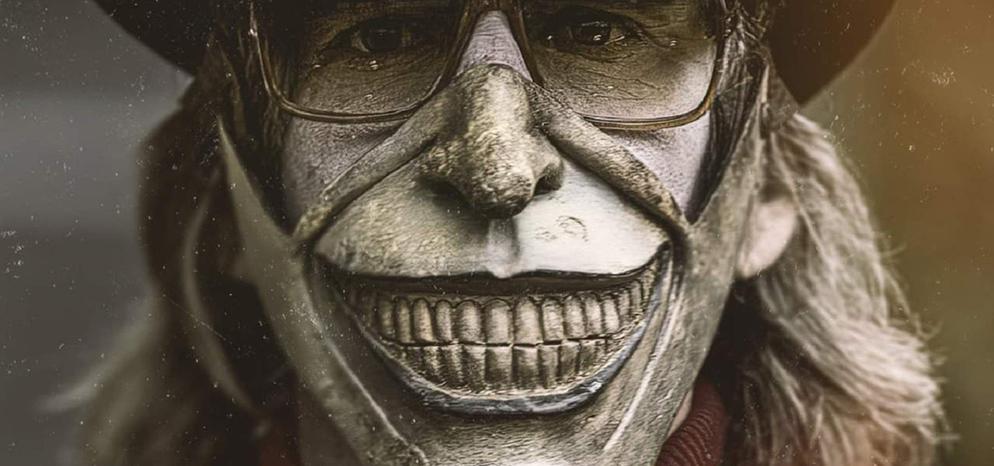
The scariest stories are the ones where you feel as if the events depicted could happen in real life and The Black Phone is grounded in realism for a large part of the story and has just a cinch of fictional horror that truly allows the audience to become immersed in the story! Scott Derrickson (Sinister, Doctor Strange) pulls out so many effective cards from his repertoire of horror experience and The Black Phone might be his best work. The pacing, acting, and screenplay all work in favor of telling an effective creepy story that expands upon the 2004 short film of the same name by Joe Hill.
It’s 1978 and a series of kidnappings threaten a small Colorado town. Our protagonist is a young teen named Finny (Mason Thames) who is yet another child taken by the infamous criminal the city calls “The Grabber” (Ethan Hawke). In a basement all alone, Finney must rely on a mysterious black phone that occasionally rings with messages from The Grabber’s previous victims that aim to help Finney escape. Additionally, Finney’s sister Gwen (Madeleine McGraw) has dreams she believes could assist with helping Finny and catching The Grabber; unfortunately her father (Jeremy Davies) doesn’t approve of her psychic dreams.
1 hour and 42 minutes breezes by fast, as the film gets straight to the point with its immersive story. Interestingly, the frightening aspect of The Black Phone revolves around something that could happen in our world (a child being kidnapped) and the supernatural aspect (phone calls from beyond), which amplifies the eerie horror. Additionally, I really appreciated that The Black Phone had a unique and well-executed premise, which makes it stand out from others in the genre.
The screenplay, written by Derrickson and C. Robert Cargill, writes Finney to be smart, real, and fleshed out. Mason Thames is a fantastic child actor who delivers a solid performance. After exhausting many out-of-the-box attempts to escape, there’s a scene where he breaks down crying and I felt his sorrow and desperation to break free from captivity. Madeleine McGraw plays Finney’s Sister Gwen who is the blunt out-spoken teen but her sweet innocent demeanor/tone of voice got a chuckle out of me when she tells off the police and school teachers. Ethan Hawke does an effective job as a masked killer/kidnapper; the way he speaks and moves subtlety conveys a creepy deranged individual. Overall, each actor was fun to watch play their part.
The biggest gripe I can see audiences having with the film is that the motivation behind the antagonist’s choices are not explicitly explained. Why does he want to kidnap? Why the elaborate creepy mask? Why does he let Finney stay alive in the basement? Although not getting those answers normally would have bothered me, there were enough unique explarary elements to appreciate that I was able to ignore some of those vital questions. Additionally, answering those questions may not have been an intriguing expansion or could have dampened the upbeat pacing that really helped the film. The Black Phone does not overstay its welcome and the unique narrative makes this a flick worth venturing out to see.
Elvis and The Black Phone are releasing the same weekend and I think The Black Phone is the better movie not only because I enjoy a horror film done well but because there’s dread and overall emotions that Elvis lacked. Although, both films are good and so I would pick either one whose premise intrigues you more.
| Final Verdict: | The Black Phone is grounded in realism for a large part of the story and has just a cinch of fictional horror that truly allows the audience to become immersed in the story, which is elevated by good performances and the unique creativity within narrative. |
| Rating: | A- |
